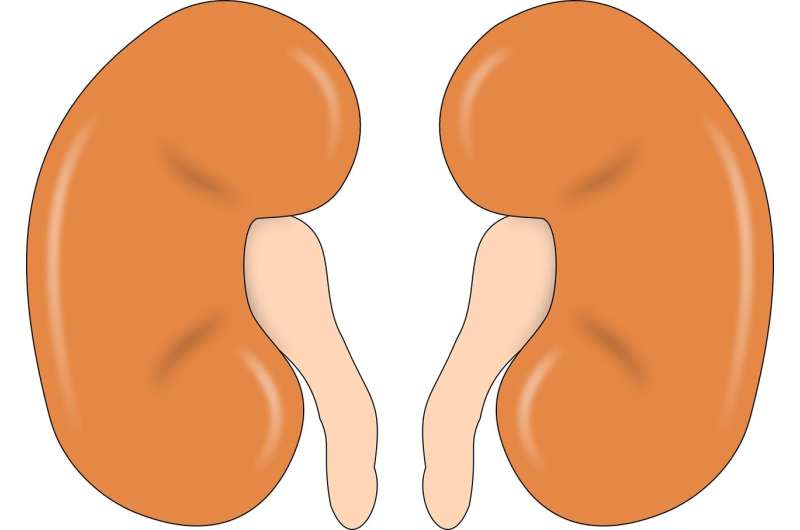The economic burden of kidney transplant failure in the United States

A recent analysis published in the American Journal of Transplantation estimates that for the average US patient who has undergone kidney transplantation, failure of the transplanted organ (graft failure) will impose additional medical costs of $78,079 and a loss of 1.66 quality-adjusted life years. (One quality-adjusted life year is equal to one year of life in perfect health.)
The authors note that given 17,644 kidney transplants in 2017, the total incremental lifetime medical costs associated with graft failure is $1.38 billion and the total quality-adjusted life years lost is 29,289.
The results indicate that efforts to reduce the incidence of kidney transplant failure or to mitigate its impact are urgently needed. "While short-term outcomes for kidney transplant recipients have improved, long-term outcomes have not: ten-year graft failure rates remain higher than 50%," said corresponding author Rebecca Kee, of Precision Health Economics. "This calls for long-term investment in novel technologies to improve graft survival, given that graft failure is associated with substantial costs and impacts on quality and length of life."
More information: Jesse Sussell et al, The economic burden of kidney graft failure in the United States, American Journal of Transplantation (2020). DOI: 10.1111/ajt.15750




















